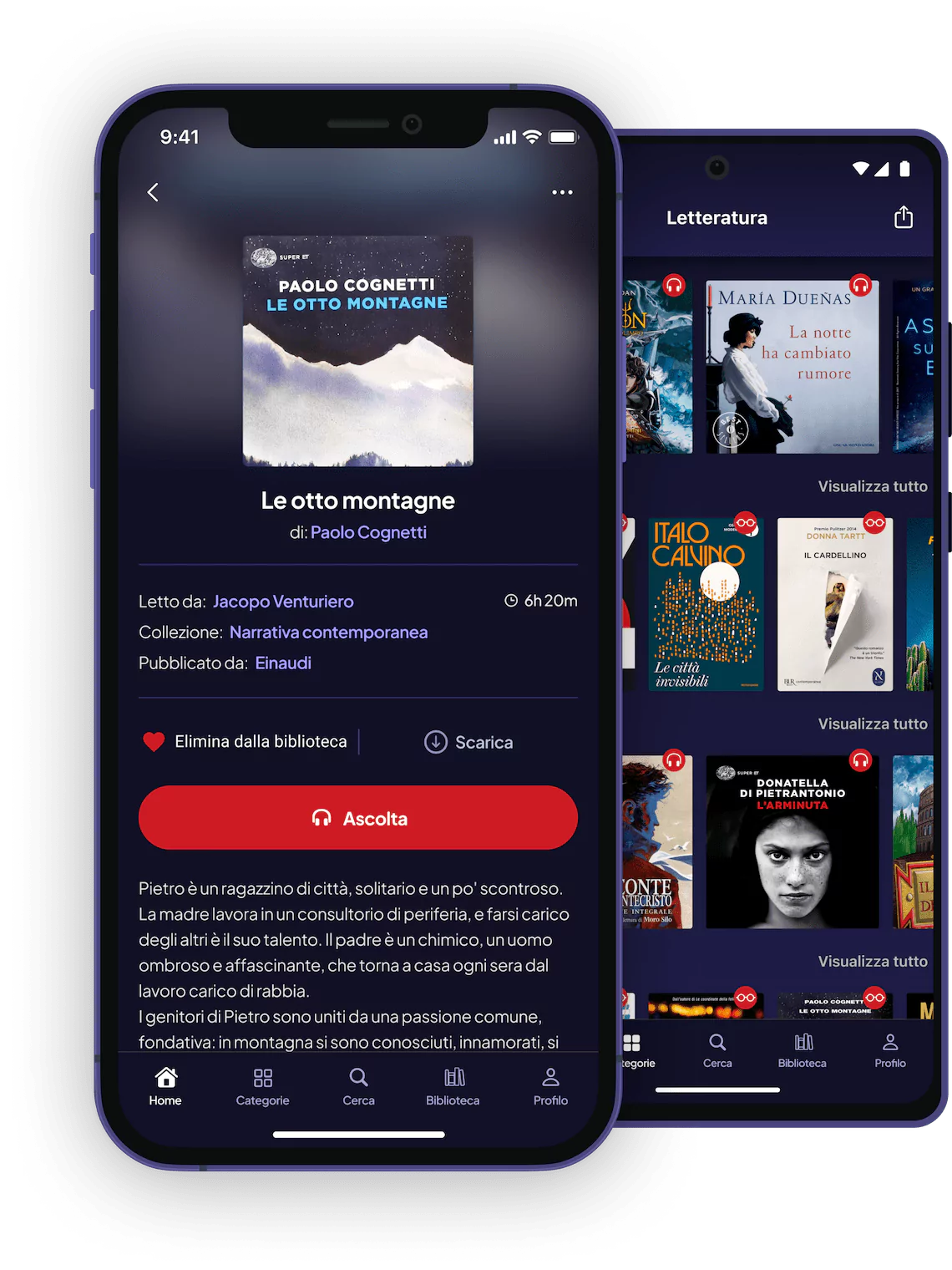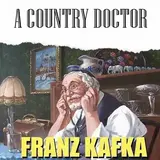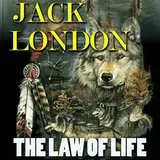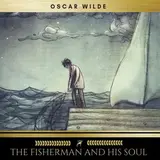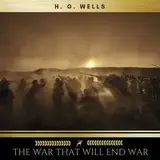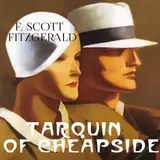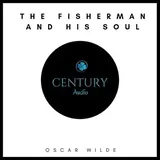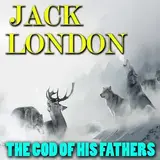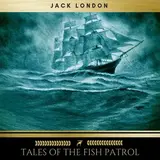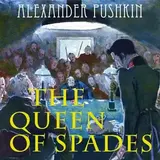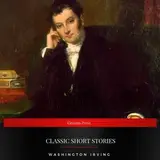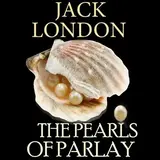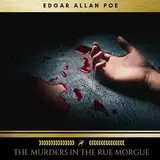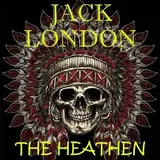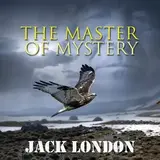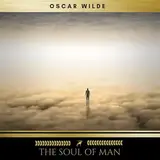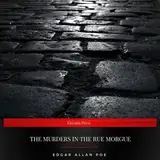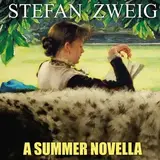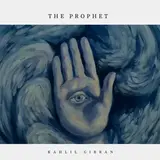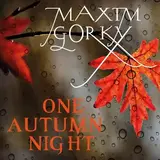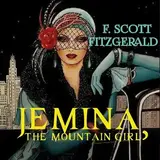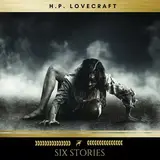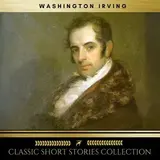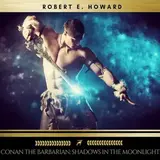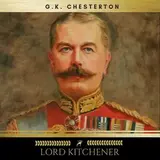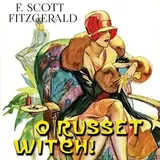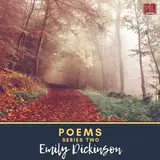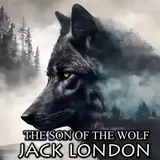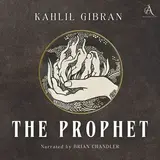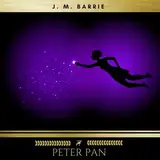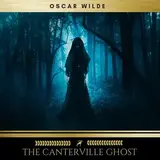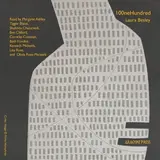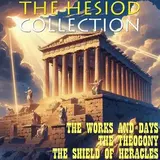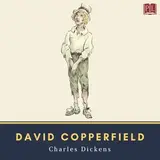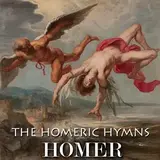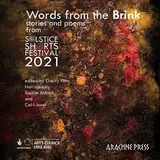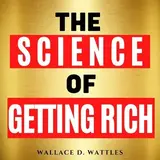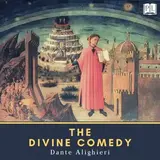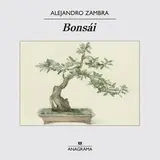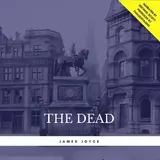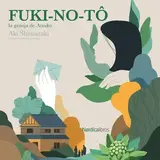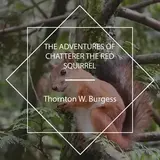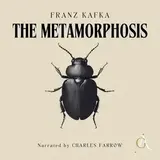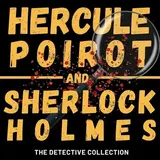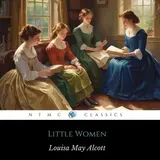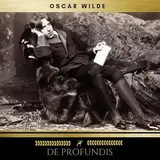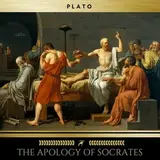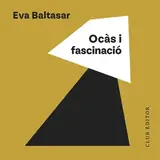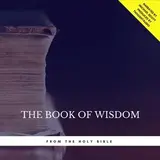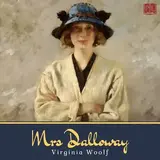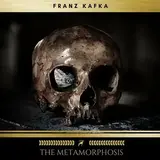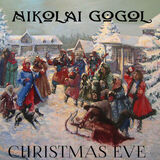

Christmas Eve
Voce: Trevor O'Hare
Durata: 1h 29m
"Christmas Eve" is the first story in the second volume of the collection Evenings on a Farm Near Dikanka by Nikolai Gogol.
The story opens with a description of the winter scenery of Dikanka, Ukraine, a witch flying across the night sky and the devil stealing the moon and hiding it in his pocket, first playing with it in the sky, which no one in the village notices. Since it is the night before Christmas, the devil is free to roam around and torment people as he pleases, so he decides to find a way to get back at the village blacksmith, Vakula, because he paints religious art in the church...
The story is set in on Christmas Eve in the small Ukranian town of Dikanka. Since it's the night before Christmas, the devil is allowed to roam free in town. He steals the moon, which at first no one notices. Then he sets out to ruin the love interest of Vakula, the town blacksmith, who is hopelessly in love with the beautiful Oksana. The devil has a vendetta against Vakula because he also moonlights as an icon painter who had created mocking pictures of the devil. The devil finds an ally in Vakula's mother (a witch) who wants to marry Oksana's father. She fears that if her son marries Oksana, her love chances will be ruined.
Nikolai Vasilyevich Gogol (1809–1852) was a Russian novelist, short story writer, and playwright of Ukrainian origin.
Gogol used the grotesque in his writings, for example in his works "The Nose", "Viy", "The Overcoat", and "Nevsky Prospekt". These stories, and others such as "Diary of a Madman", have also been noted for their proto-surrealist qualities.
His early works, such as Evenings on a Farm Near Dikanka, were influenced by his Ukrainian upbringing, Ukrainian culture and folklore.
His later writing satirised political corruption in contemporary Russia (The Government Inspector, Dead Souls), although Gogol also enjoyed the patronage of Tsar Nicholas I who liked his work.The novel Taras Bulba (1835), the play Marriage (1842), and the short stories "The Tale of How Ivan Ivanovich Quarreled with Ivan Nikiforovich", "The Portrait" and "The Carriage", are also among his best-known works.
Many writers and critics have recognized Gogol's huge influence on Russian, Ukrainian and world literature. Gogol's influence was acknowledged by Fyodor Dostoevsky, Mikhail Saltykov-Shchedrin, Ryūnosuke Akutagawa, Franz Kafka, Mikhail Bulgakov, Vladimir Nabokov, Flannery O'Connor and others.Eugène-Melchior de Vogüé said: "We all came out from under Gogol's Overcoat."
Pubblicato da: Strelbytskyy Multimedia Publishing
Titoli simili
Mostra tuttoPotresti anche apprezzare...
Mostra tuttoCome funziona?
Crea un account.
Crea il tuo account gratuito qui.
Scarica l'app Voxa
Disponibile per Android e iPhone su Google Play o su App Store.
Prova gratuita per 7 giorni
Hai accesso a 100.000 titoli e all'intera esperienza Voxa.
Ascolta offline
Scarica i tuoi audiolibri preferiti e goditeli anche senza connessione a Internet.
